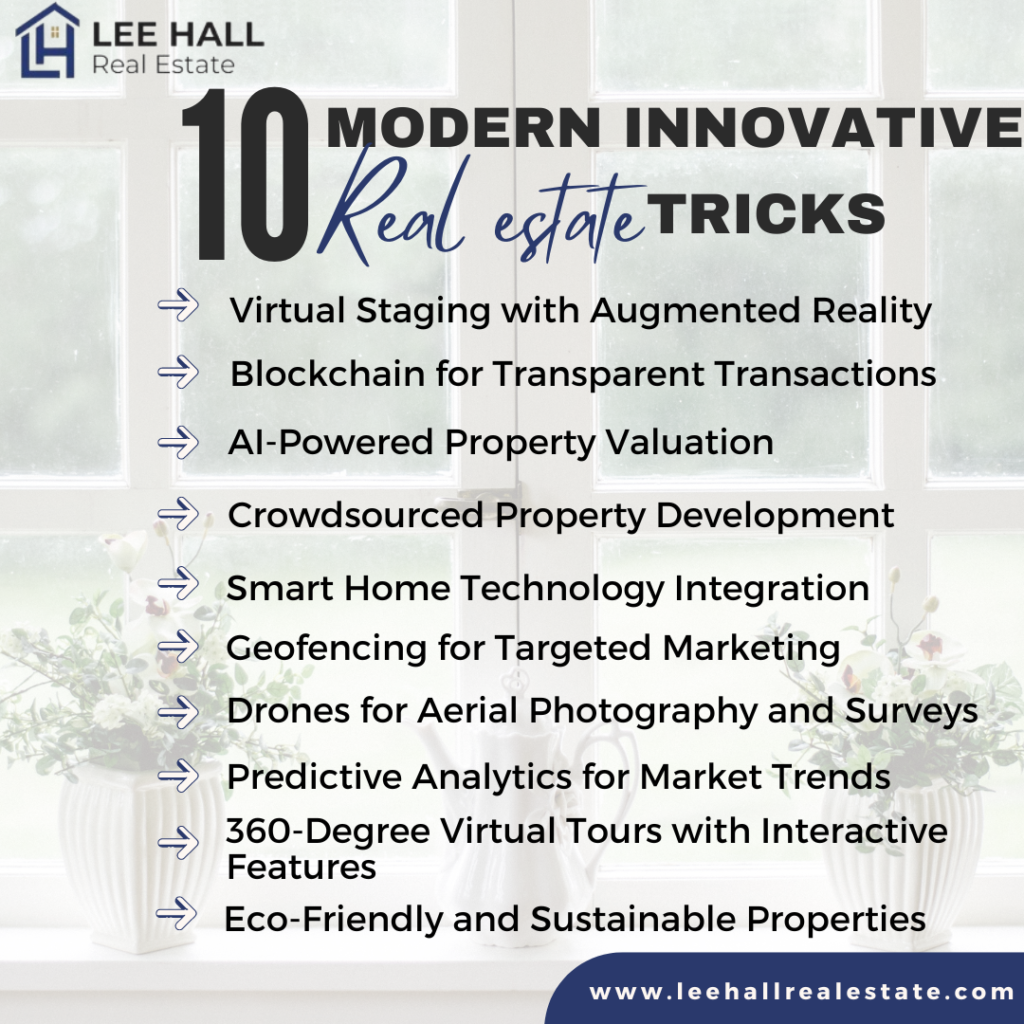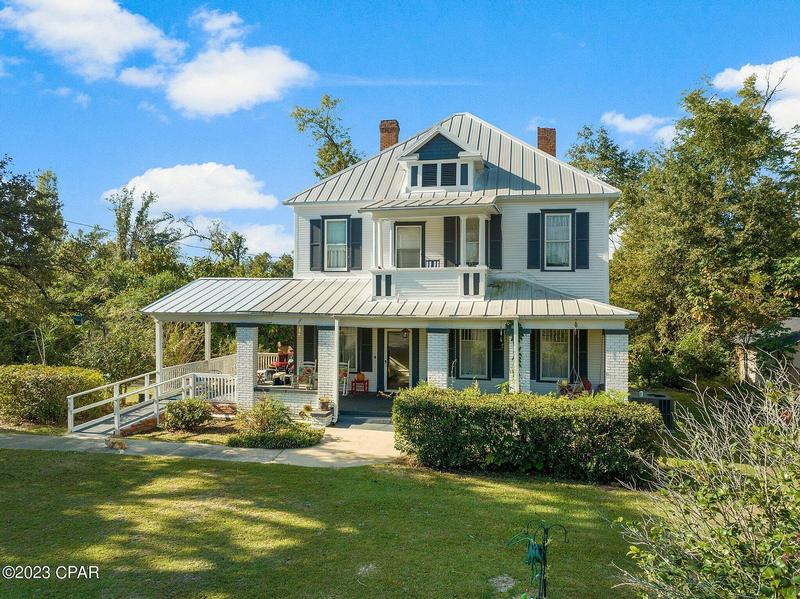Sunshine State Magnet: The Influx of Out-of-State Buyers to Florida

Florida with its sunny skies, pristine beaches, and no state income tax. It’s no wonder Florida is experiencing a significant influx of out-of-state buyers. More than ever, people are packing up their lives and heading down to the Sunshine State, seeking a new chapter in a warmer, more tax-friendly climate. Let’s dive into what’s driving this migration, who these new Floridians are, and how they’re reshaping the state’s real estate market.
The Great Migration
The pandemic has undeniably changed the way we live and work. Remote work became the new norm, and with it came the realization for many that they were no longer tethered to a specific location. Why endure harsh winters or high living costs when you can work from a place where others vacation? Enter Florida, with its promise of year-round sunshine, affordable living, and an appealing tax environment.
States like New York, New Jersey, Illinois, and California have seen significant numbers of residents relocating to Florida. High taxes, cold weather, and the desire for a better quality of life are pushing people to make the move. According to recent data, Florida is one of the top destinations for people looking to relocate, with a noticeable uptick in the number of out-of-state license plates on highways and moving trucks unloading new residents’ belongings.
Who Are These New Floridians?
The new wave of Floridians is diverse, encompassing everyone from young professionals and families to retirees. Let’s break it down:
- 1. Young Professionals and Families: With remote work more prevalent, young professionals and families are finding Florida an attractive option. The cost of living is generally lower than in major cities like New York or San Francisco. Plus, the prospect of owning a home is more attainable. For families, the quality of life, with excellent schools and outdoor activities, is a major draw.
- 2. Retirees: Florida has always been a haven for retirees. The warm climate, beautiful beaches, and plethora of retirement communities cater to those looking to enjoy their golden years. The lack of state income tax is particularly appealing to retirees on a fixed income.
- 3. High-Net-Worth Individuals: The ultra-wealthy are also flocking to Florida. Cities like Miami, Palm Beach, and Naples are hotspots for luxury real estate. These buyers are attracted not only by the tax benefits but also by the vibrant lifestyle, exclusive communities, and the high-end amenities these areas offer.
Impact on the Real Estate Market
The influx of out-of-state buyers is reshaping Florida’s real estate market in several ways:
- 1. Rising Home Prices: One of the most immediate impacts has been the increase in home prices. Demand is soaring, and with limited inventory, prices are being driven up. According to recent statistics, home prices in some parts of Florida have seen double-digit increases over the past year. This surge is particularly evident in desirable coastal cities and booming metropolitan areas.
- 2. Increased Competition: With more buyers in the market, competition is fierce. Bidding wars have become commonplace, and homes are selling at or above asking price. For local buyers, this means acting quickly and often making offers well over the listed price to secure a property.
- 3. Expansion of Suburban and Rural Areas: As urban areas become more saturated, suburban and even rural areas are experiencing growth. People are looking for larger homes with more outdoor space, a shift facilitated by the remote work trend. This has led to development in previously quieter areas, with new communities sprouting up to meet demand.
- 4. Rental Market Boom: Not everyone is ready to buy immediately, leading to a booming rental market. The influx of new residents has increased demand for rental properties, driving up rental prices. This is particularly noticeable in cities like Miami and Orlando, where rental inventory is quickly being absorbed.
Challenges and Opportunities
While the influx of new residents brings many benefits, it also poses challenges and opportunities:
- 1. Infrastructure and Services: Rapid population growth puts pressure on infrastructure and services. Cities must expand and improve transportation, healthcare, and education systems to accommodate the growing population. This presents both a challenge and an opportunity for local governments and businesses.
- 2. Cultural Integration: With such a diverse influx of new residents, there’s a blend of cultures and lifestyles. This diversity enriches the community but also requires efforts to integrate and build cohesive communities. Local events, community centers, and social programs play a vital role in this process.
- 3. Environmental Impact: Florida’s environment is unique and delicate. Increased development can strain natural resources and threaten ecosystems. Sustainable development practices and environmental conservation efforts are crucial to preserving Florida’s natural beauty.
The Future of Florida Real Estate
Looking ahead, the trends suggest that Florida’s popularity as a relocation destination will continue. The state’s appeal is multi-faceted: favorable tax policies, a warm climate, and a lifestyle that many find desirable. As long as remote work remains viable and people seek a better quality of life, Florida will remain a top choice.
Real estate developers and investors are keenly aware of these trends and are capitalizing on the opportunities. New developments are being planned, from luxury condos in Miami to sprawling suburban communities near Orlando. The focus is on creating housing that meets the diverse needs of the new residents while ensuring sustainable growth.
Conclusion
Florida is experiencing a transformation driven by an influx of out-of-state buyers. This wave of new residents is reshaping the real estate market, driving up prices, and fostering growth in both urban and suburban areas. While there are challenges, the opportunities for economic development and community enrichment are vast. As Florida continues to attract new residents, its real estate market will remain dynamic and ever-evolving, reflecting the diverse and vibrant spirit of the Sunshine State.
Sunshine State Magnet: The Influx of Out-of-State Buyers to Florida Read More »












